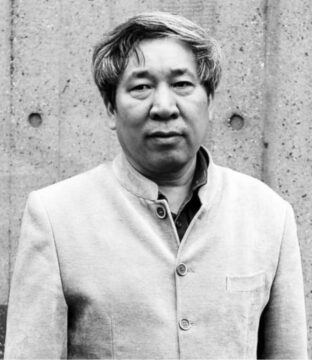Yan Lianke at Literary Hub:
 In China we have a saying that reading a banned book on a snowy night is one of the true joys of life. From this, one can well imagine the kind of satisfaction that reading a banned book may bring—like candy locked up in a cabinet, it releases a sweet fragrance into solitary spaces. Whenever I travel abroad, I am invariably introduced as China’s most controversial and most censored author. I neither agree nor disagree with this characterization—I’m not bothered by it, but neither do I feel particularly honored by it.
In China we have a saying that reading a banned book on a snowy night is one of the true joys of life. From this, one can well imagine the kind of satisfaction that reading a banned book may bring—like candy locked up in a cabinet, it releases a sweet fragrance into solitary spaces. Whenever I travel abroad, I am invariably introduced as China’s most controversial and most censored author. I neither agree nor disagree with this characterization—I’m not bothered by it, but neither do I feel particularly honored by it.
Authors should be very clear that being banned is not synonymous with artistic success. Sometimes, being banned is equated with courageousness, and we can certainly understand Goethe’s observation that without courage, there would be no art. If we were to extend this logic, we could even say that without courage, there would be no artistic creation. However, many readers view censorship and controversy only at the level of courage—particularly in relation to authors from China, the former Soviet Union, and other so-called third-world countries.
More here.
